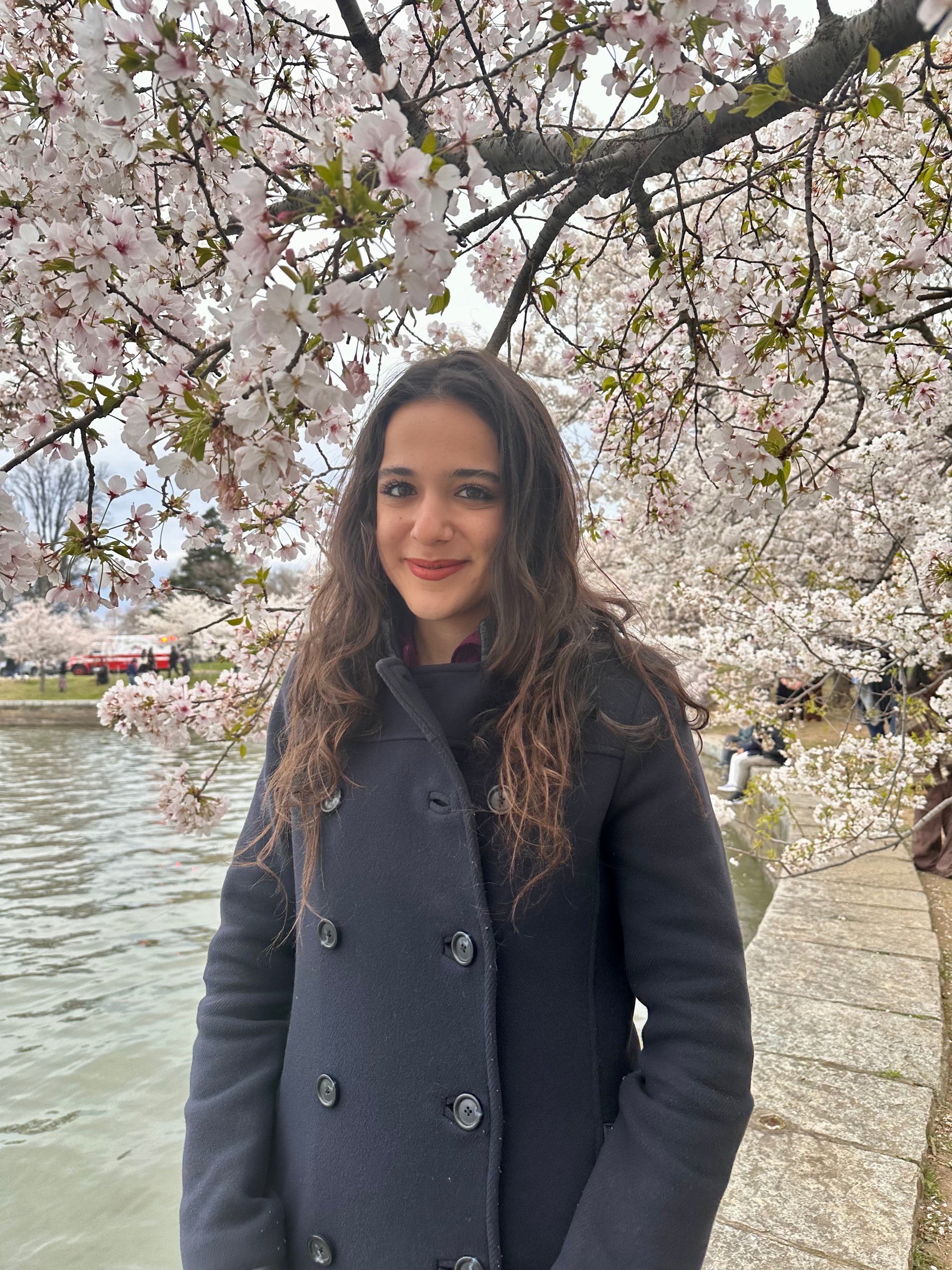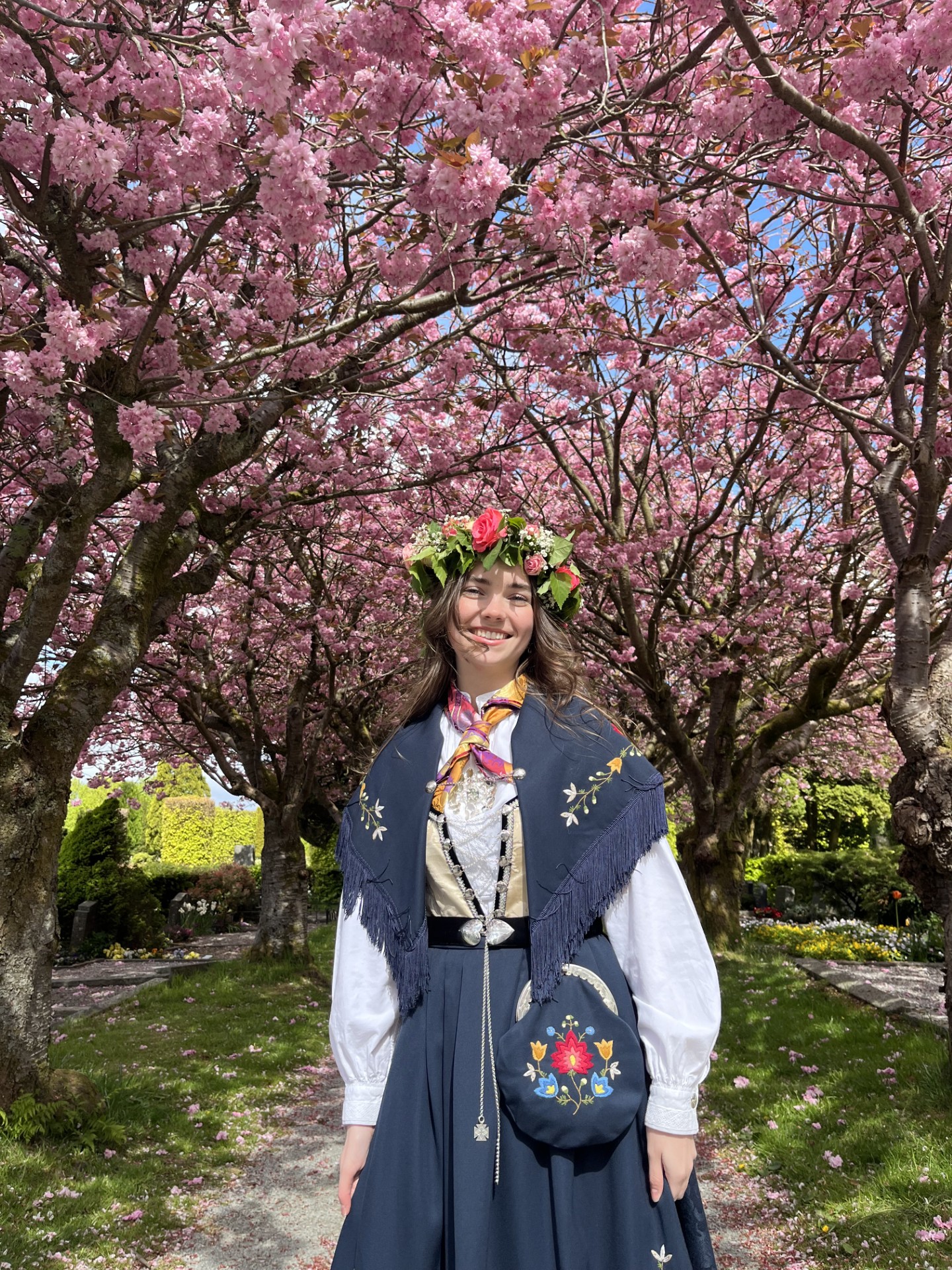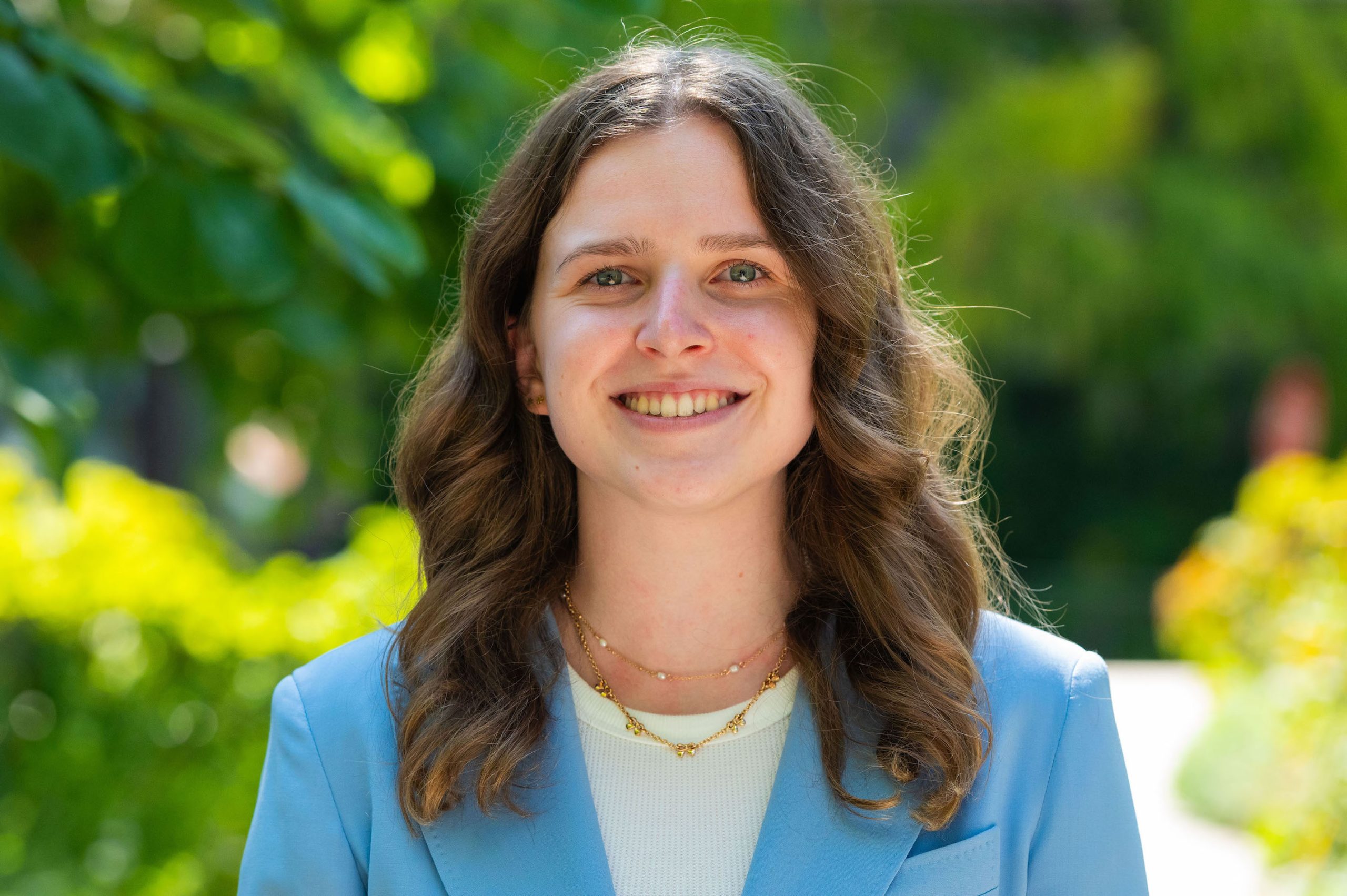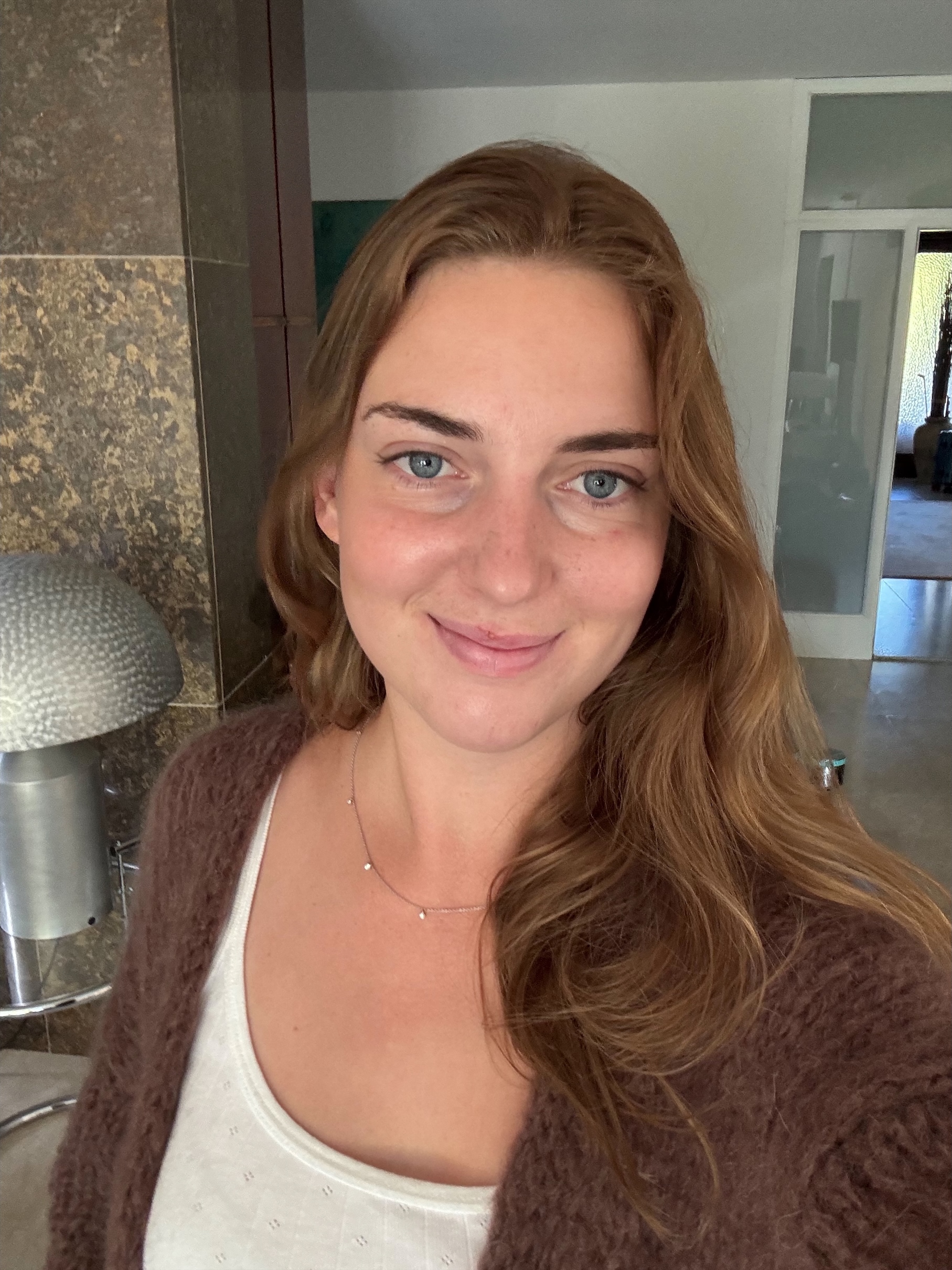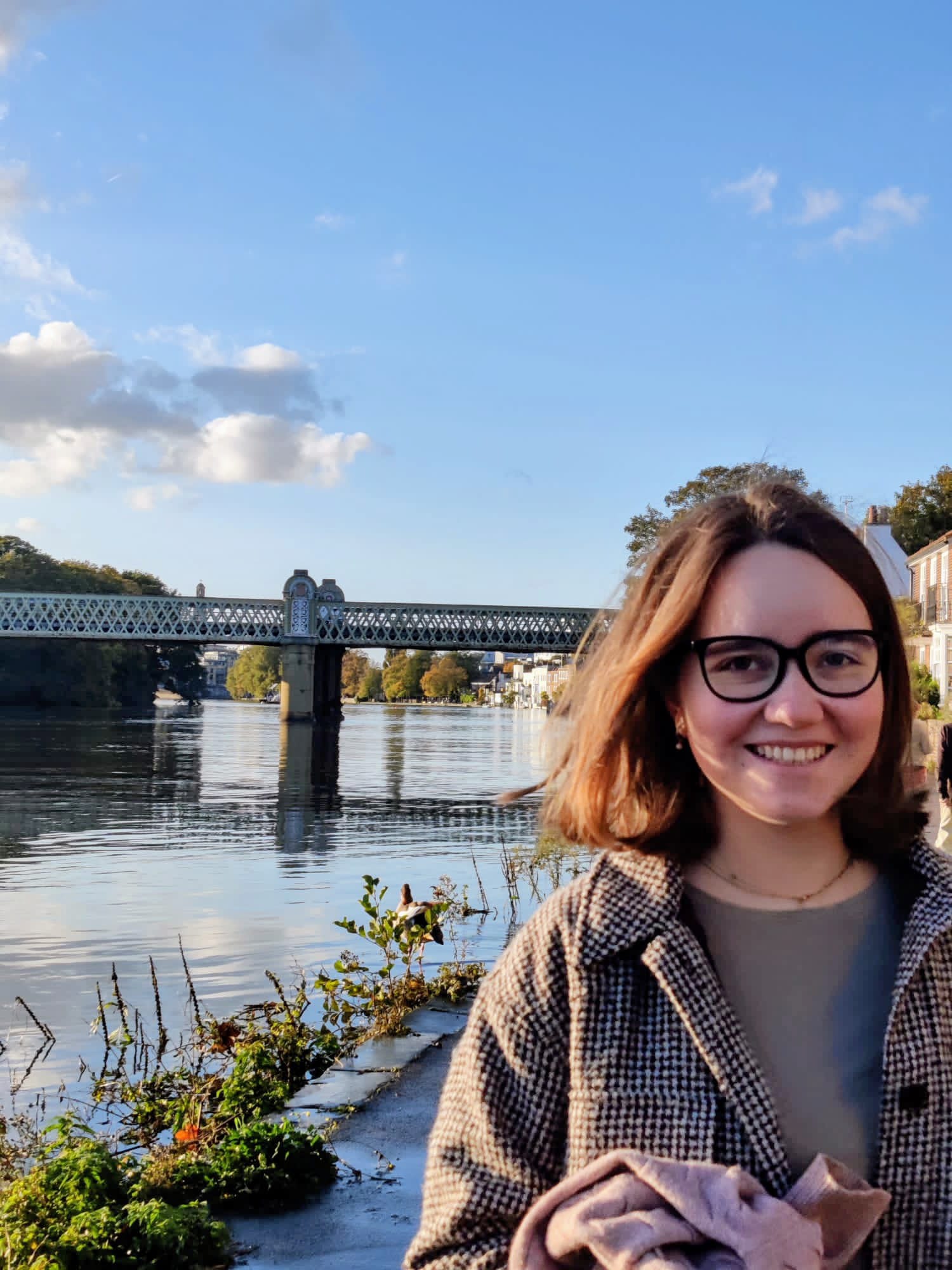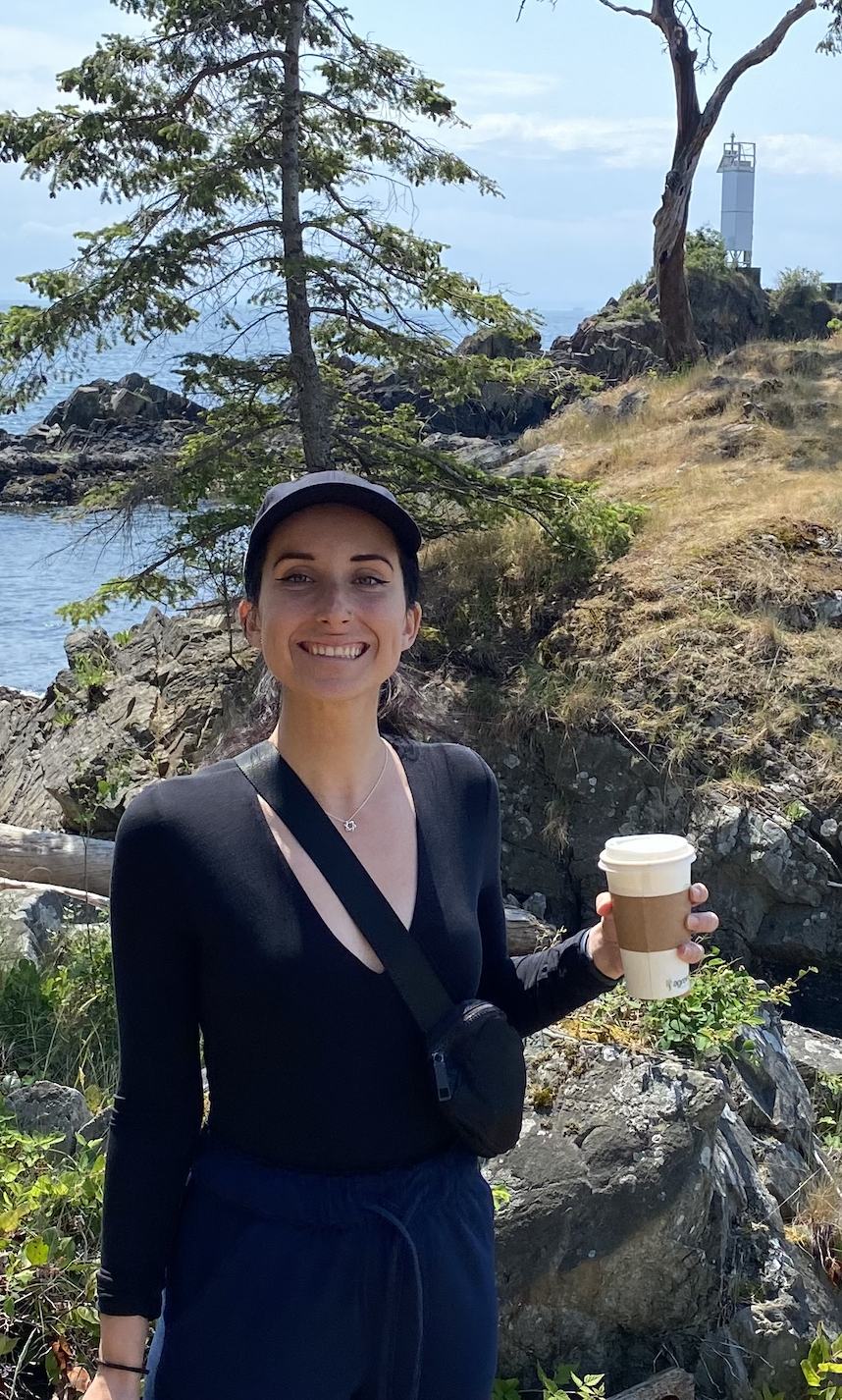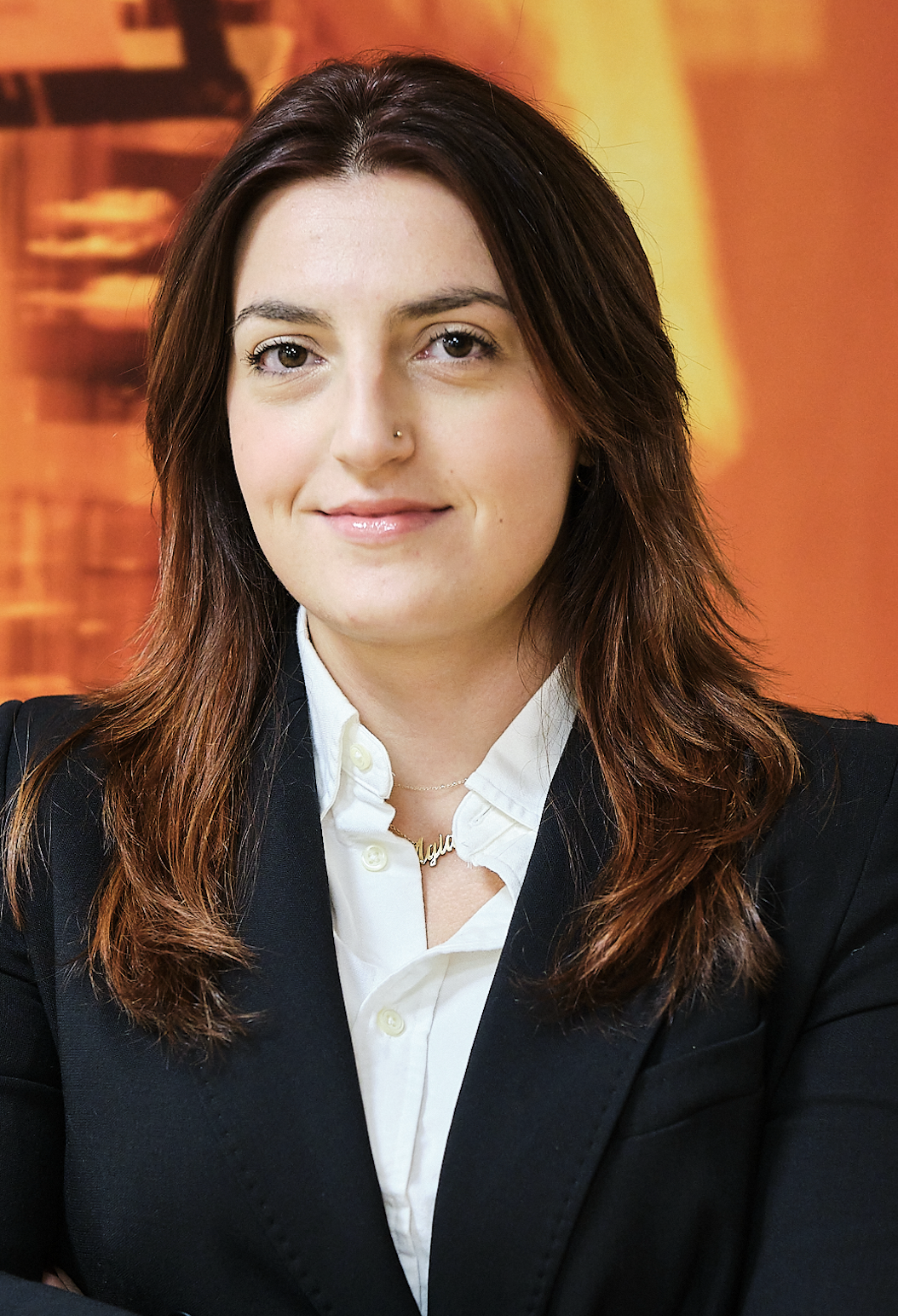
What is your name?
Nan Wu
Where are you from?
Qingdao, China
To which class do you belong?
MRes Experimental Neuroscience 2025
Where and what did you study before joining Imperial College London?
Before coming to Imperial, I studied Clinical Medicine at Shandong University (China). At the same time, I trained in basic medical research under Professor Lining Zhang, focusing on the immune microenvironment in tumours and metabolic diseases. For example, I worked on the mechanisms of how D-mannose could be used to treat obesity and depression
How did you find your Master’s experience at the College?
This year at Imperial was rewarding! It is an experience I will never forget. Imperial has world-class teaching staff and researchers, and our course director, Dr Stefano Sandrone, always reminded me to enjoy every assessment. I really took that advice to heart. Although I’ve now graduated, this is not the end, but the beginning of my journey as a researcher. This programme gave me far more than technical skills: it trained me in critical thinking and communication. Rather than simply becoming a ‘machine for experiments’, the ability to think independently and communicate ideas effectively has been the most valuable takeaway
Which research project did you work on?
The programme is divided into three projects, and all of mine focused on glioblastoma. For project 1, I worked in Dr Nelofer Syed’s group under the supervision of Dr Maria Chatziathanasiadou, I worked on identifying biomarkers of response to arginine deprivation therapy in glioblastoma. I learned how to analyse Visium data and perform immunohistochemistry. I also did my second project in Dr Syed’s lab, this time with Dr Richard Perryman. We discovered that arginine deprivation sensitises radiotherapy in ASS1-negative glioblastoma by epigenetically silencing DNA damage repair genes. For my third rotation, I joined Professor Simone Di Giovanni’s group. Supervised by Dr Marco Milano, I explored the intersection of cancer and neuroscience. We developed a small-fibre neuropathy animal model and found that epidermal neurodegeneration was associated with immune infiltration. We cultured dorsal root ganglia sensory neurons with glioblastoma-conditioned medium to study effects on neurite outgrowth and used proteomics to identify key factors
Where are you now?
I am about to return to China
What are you working on?
Back in China, I will continue collaborating remotely with Dr Syed on a project using Visiopharm to analyse changes in the glioblastoma microenvironment before and after metabolic therapy. Next June, I will begin my PhD at the University of New South Wales, focusing on epigenetic therapies for diffuse midline glioma
What is the most important lesson you learnt as a Master’s student?
The most important lesson is: never lose the ability to think independently. Regardless of how bold or unconventional your ideas may be, discuss them with your supervisor. An invaluable tip I learned from Dr Syed is that when reading a paper, especially the results section, look at the figures first and try to interpret them yourself. Then compare your interpretation with the authors’. This practice helps you maintain your critical thinking
How did the Master’s programme help you get to where you are now?
The three pillars of this MRes —technical skills, critical thinking, and communication —are exactly what prepared me for the next step. Beyond experiments, being a researcher means thinking independently, questioning even high-impact publications, and having confidence in your own discoveries. The MRes transformed me into a junior researcher, and I am ready to continue my journey in the scientific world
